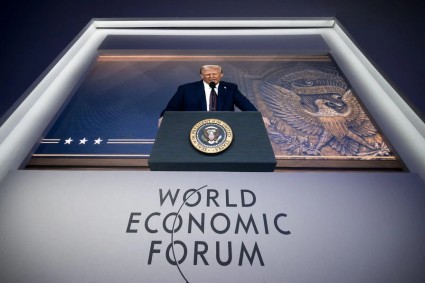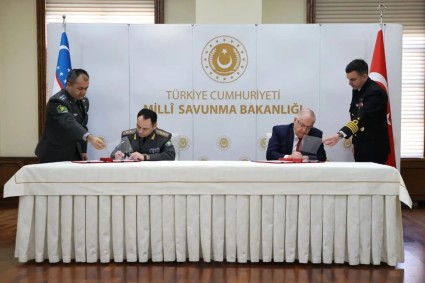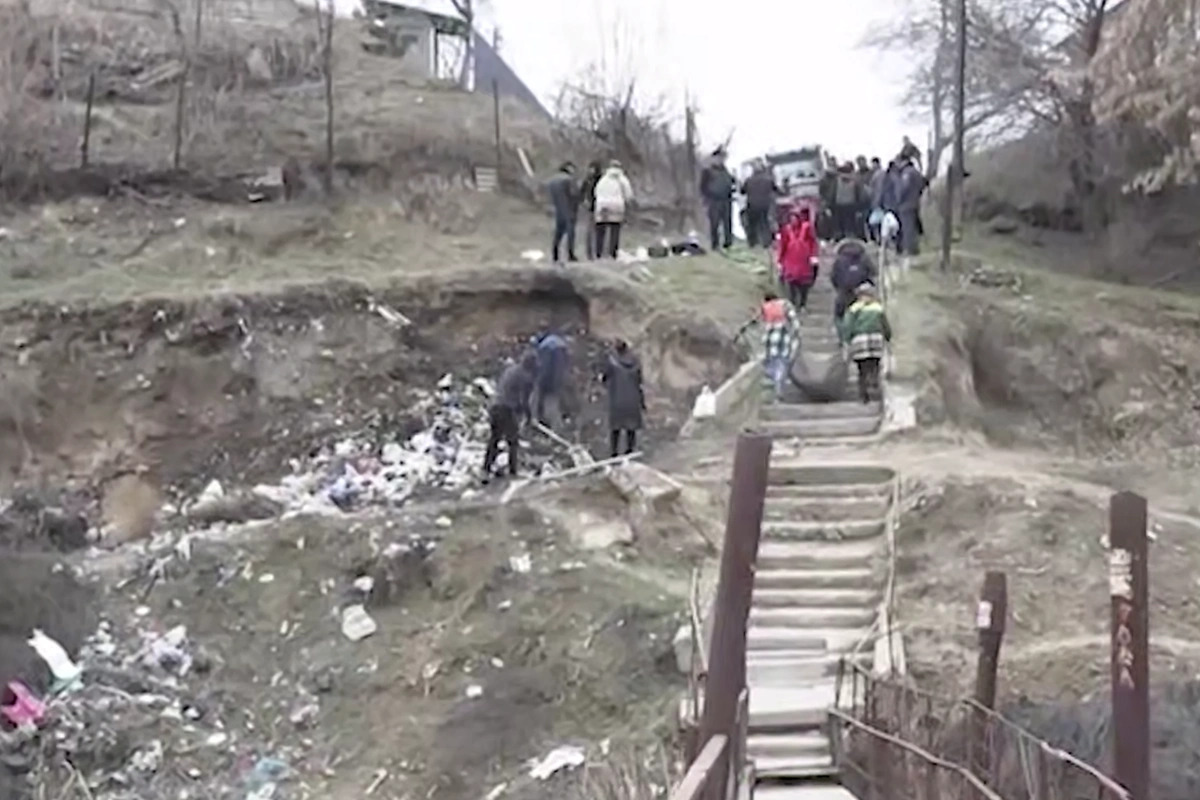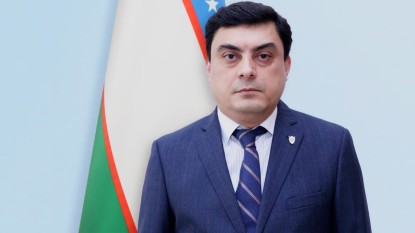Russia is continuing the search for new markets for its natural gas, after the most European refused to buy it. In less than a month, from March 1, Russia may start supplying gas to Uzbekistan.
Earlier, on January 24, a working meeting was held between the Minister of Energy Zhurabek Mirzamakhmudov and the Chairman of the Board of PJSC Gazprom Alexey Miller. Then, at the meeting, the parties signed a "road map" for cooperation in the gas industry.
Later, the Minister Mirzamakhmudov commented on the Roadmap inked with Russia on gas imports.
“This is a Roadmap that specifies measures for gas imports from Russia. That is, we will review the technical conditions, and then, based on technical capabilities, if we agree on sale prices, we will consider gas imports from Russia,” he said then.
According to TASS with reference to experts, gas to Uzbekistan will most likely come from the Yamal fields. From there, it will enter one of the lines of the Central Asia-Center gas pipeline system, a pipeline system built in the 60–80s, through which gas from Turkmenistan through Uzbekistan and Kazakhstan was supplied to central Russia.
In total, the pipeline consists of four lines with a total capacity of 50 billion cubic meters a year. One of these lines is supposed to be reconfigured to reverse and send gas in the opposite direction to the Soviet one. However, the infrastructure built half a century ago really needs to be checked and, if necessary, upgraded.
Experts say that Uzbekistan has its own gas reserves. Moreover, for a long time Uzbekistan had sold gas, supplying it even to Russia. So, back in 2019, Gazprom purchased 4.9 BCM from the country. But in recent years, Uzbekistan’s own production has been declining, in 2022, 51.7 BCM were produced, of which 46.4 billion went to domestic needs, and another 4 billion were exported to China.
Meanwhile, the country's energy needs are growing, and the local gas system is no longer able to provide them on its own. True, so far the gas shortage in Uzbekistan is seasonal and is felt mainly in winter. This winter, for example, turned out to be abnormally cold in Central Asia, and as a result, Uzbekistan temporarily suspended gas exports to China and was even forced to close (or at least limit) the operation of gas filling stations in some areas. In December, the country signed a contract with neighbors from Turkmenistan for the supply of 1.5 BCM in three months. But this solved the problem only partially, since in mid-January (in the very cold) Turkmenistan suspended deliveries for nine days due to the formation of hydrate plugs in pipelines.
According to Vyacheslav Kulagin, head of the Energy Market Research Department of the Russian Academy of Sciences, Uzbekistan is ready to continue buying Turkmen gas and switch to Russian gas. It all depends on its price.
While, according to the expert, Russia will also be interested in the Uzbek gas market only if the price is comparable to other export markets. However, the same applies to the interests of other suppliers.
“Turkmenistan has an alternative – exports to China, so it does not need to lower the selling price,” he says.
“It all depends on how the consumption process will develop in Uzbekistan itself. The President of Uzbekistan said that he sees the country's future in stopping gas exports altogether and spending only on its own consumption. The question is whether he will have enough gas or whether he will want to remain in the chain of countries that supply gas to China. Then cooperation with Russia will be in demand,” explains Stanislav Mitrakhovich, a leading expert of the National Energy Security Fund and the Financial University under the Government of the Russian Federation.
In turn, Vyacheslav Kulagin is confident that Russia's benefits from gas supplies to Uzbekistan will depend solely on the terms of the contracts.
“If the benefit is minimal, then the upcoming deliveries will turn out to be nothing more than a seasonal decision. The energy market of Uzbekistan, of course, is growing, but at a rather low pace. It cannot be said that even in ten years there will be a need for additional 10, let alone 20 BCM,” he concluded.














